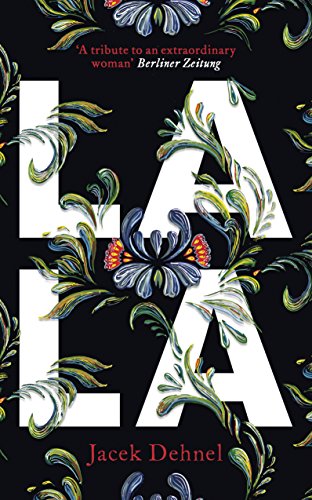Lala
Born in 1919 in southern Poland to an accomplished family, Helena “Lala” Bieniecka lived nearly 90 eventful years, and her ancestral lore goes back even further. Her grandfather fought against the Soviets in the January Uprising of 1863, and Lala’s entire family endured Nazi and Soviet occupations of Poland (but don’t look for gripping battlefield accounts, for Lala’s family was treated gently). Later in life, as her memory begins to slip and blur, Lala relates her history to her grandson, Jacek Dehnel.
Dehnel, an award-winning poet and novelist, records a fictionalized account of Lala’s life in his first novel, Lala. Printed in Polish in 2006 and now translated into English, Lala is an intricate story spanning a tumultuous century in European history. It is also a moving depiction of the warm relationship between Jacek and Lala. He becomes his grandmother’s caregiver in her waning years, and the keeper of her fading memories.
Lala is a beautifully written tale which should appeal to readers with a deep sense of family, those who love to sit at reunions listening to the aunts and uncles and great-grandmothers recounting stories of the old days. That said, I thought I would enjoy Lala more because I’m a genealogist and sought such tales from my own elders. Unfortunately for me, Lala, like many elderly people, has trouble remembering what she said. Her stories are repetitious and contradictory, and I found it difficult to keep track of the plot. Even with a family tree, it was hard to keep characters straight. However, Mr. Dehnel’s descriptions are lush, and readers interested in eastern European culture and intertwined family stories should not be discouraged from trying Lala’s very personal saga.










